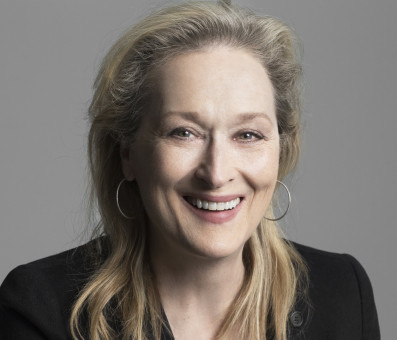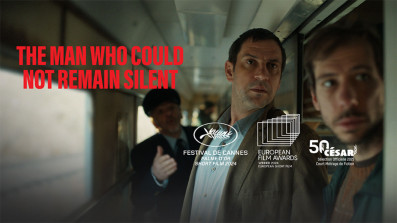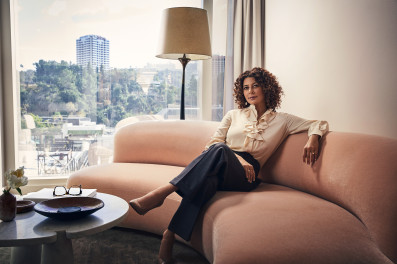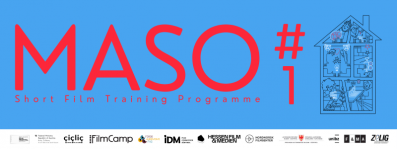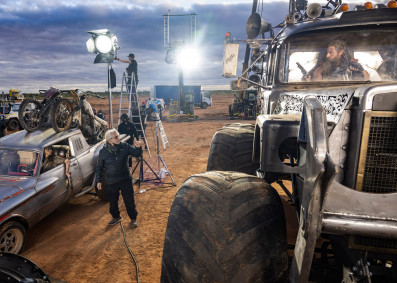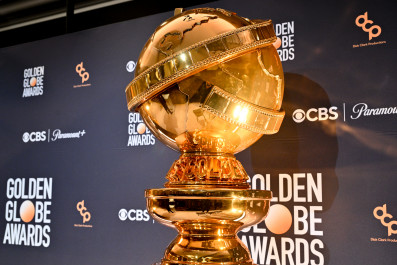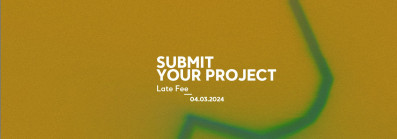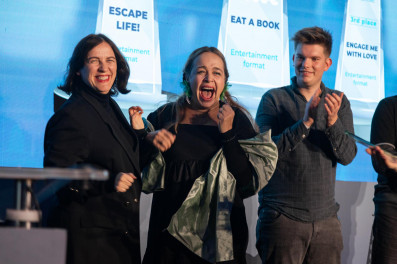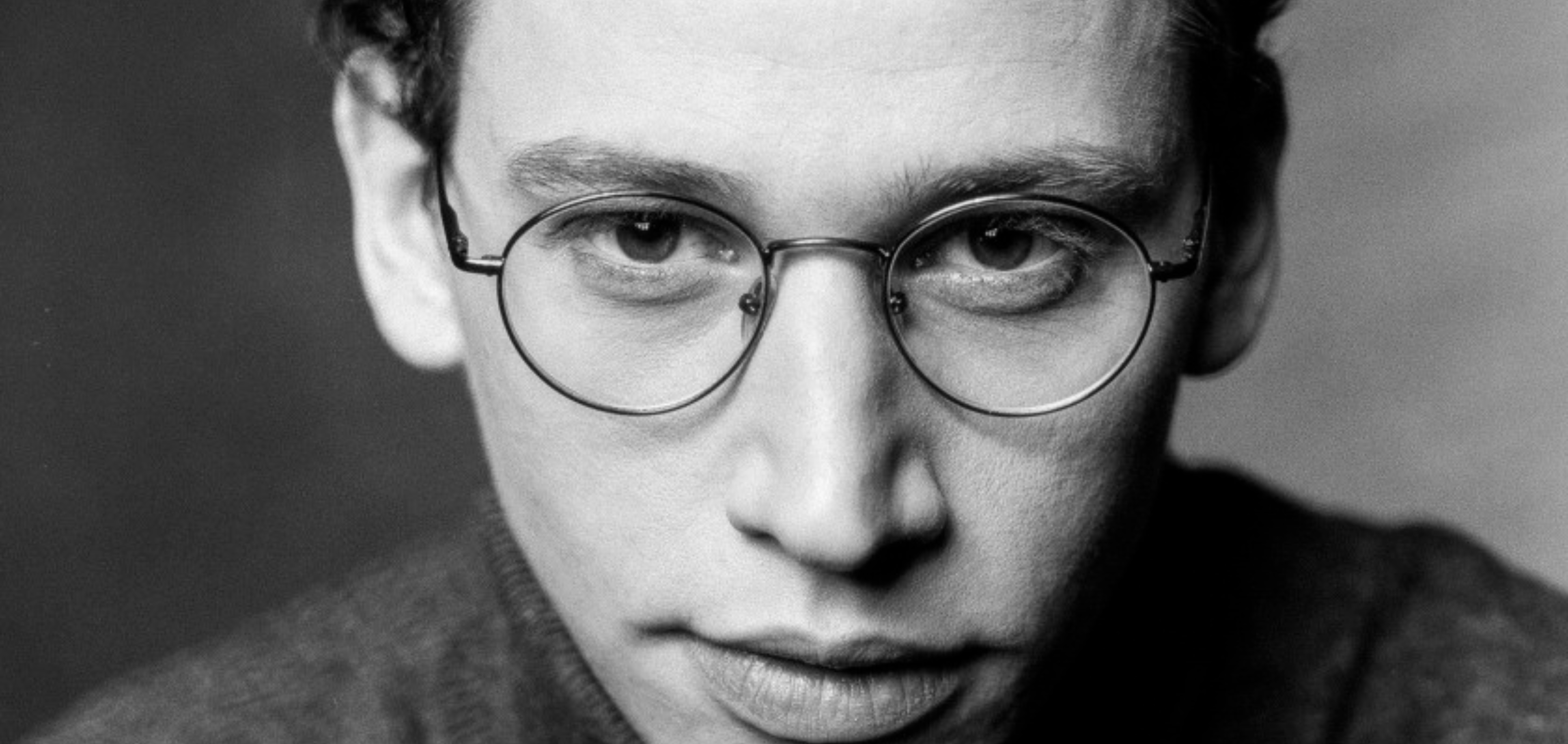
The future of theatre and film is in bringing the stories of all those who have been marginalized - Interview with Adrian Pezdirc:
Duart member of the month promotion
Adrian Pezdirc, our dear member of the Duart platform, is one of the most talented actors of the younger generation. Apart from being known for his notable roles in theatre, Pezdirc also has important roles in regional films. We spoke with Adrian about his acting beginnings, the state of the cinema after the pandemic, and his activist engagement.
You are often called the most talented actor of the younger generation. How much are that burden and responsibility? At the MESS International Theater Festival in 2018, you received the award for the youngest young actor. How much did this award broaden your horizons?
Receiving an award is always a nice experience because you have confirmation that someone has recognized your work and the effort you put in. However, awards are also a matter of happiness, time, and the context in which they are awarded, and therefore are not crucial for me in the sense of meaning or evaluation of my work. But I am certainly grateful for each so far. It is the responsibility of the individual to do his job the best he can and knows at a given moment, and it is up to the community and the institution to provide artists with all the conditions to be able adequately work on creation and ensure that it is paid fairly and sufficiently.. If the award comes to all this, it can be a nice reminder and memory of the time of creation and work on the project for which it was awarded. I am always my own worst enemy when it comes to judging and valuing my work. I am learning to be kinder to myself, and never forget the fact that I have the privilege of meeting someone new to me in the roles assigned to me. For me, it’s the biggest reward.
Do you ever think about where you came from in acting and what you would have done if it hadn't happened?
At the beginning of the pandemic, when it all seemed quite fatalistic to all of us. I caught myself thinking about what I would do when theatre and film art failed because of my inability to work. Today, that view of things is funny to me. However, in a way, it was a devastating but liberating fact that I really "don't know how to do anything else" and that I am grateful for the talent and dedication for the work that was given to me by a mix of genetic material. Luckily any form of art is bigger in any economical aspect. Long story short, I would find something to work on, for sure, because I always have things to do, but I’m not sure that I would be equally happy. The theatre has brightened my life.
What are you currently working on? Can you introduce us to the projects?
I'm free right now. For the first time since I’ve been in business, I have plenty of time for myself. Also, for the first time, I have the feeling that I am old enough, have the mental strength, and courage to face with some events from my past. In a conversation with a psychotherapist, I'm trying to find a way to cope with them and not to suppress and run away. Through that process, I'm meeting some new levels of myself. I just read Dostoevsky, his Brother Karamazov, which I will start working on at the beginning of December in Zagreb Youth Theater with Oliver Frljić. The summer was fruitful and I was working on two films. One with the help of Duart in a Netflix production and the other in a Kinorama production and on days when I’m not afraid if I could have done better, I enjoy the fact that in a few months both films will reach an audience and start their lives. Exciting.
Do you feel more comfortable in the theatre or in front of the camera? What is the difference? What is the greatest pleasure or problem for you?
The theatre is home. I have been in it since I was 13 years old. Because of the theatre, I decided to go to study at the Academy of Dramatic Arts in Zagreb. However, a few years ago I realized that I have enough experience and faith in myself that I can start researching the process of working on a role for television or film.
For me, perhaps the biggest difference is precisely in the distribution of concentration over time. You prepare for the role in the theatre for two months, but the real-life of the play begins long after the premiere. It depends on the night and the audience that is with you. I am amazed every time when it happens to me that the play I am playing for the 60th time brings some new meaning and feelings. The film is something else, after all, a whole team of professionals is working on the script and preparation, and then on the shooting itself and in the post-production. As an actor, you’re just one of the wheels of something called film art. On the one hand, there is a lot of distribution of responsibilities and freedom but once the scene is shot there is no going back, and here the film is maybe a little more anxious. You need to get used to the fact that when you are done with the scene all the power is in the hands of the director and editor. The theatre is a good and reliable partner I can always count on, and the film is a friend for an exciting, risky getaway. How lucky that there are as many of them as possible.
Before the pandemic, you worked a lot outside. What is the most important thing that you have brought experientially, and is there a possibility in our systems and constellations in which there is no means for art to rewrite these practices?
That's right. I was part of the European ensemble. Theater project co-produced by Schauspiel Stuttgart, Nowy teatr Warsaw and ZKM. As we did all the premieres in English, for me the biggest challenge was getting used to playing a 2-hour show in a foreign language. As much as I was scared in the beginning, it brought me freedom of thought due to the reduced vocabulary, and the return to Zagreb and the performances in Croatian were extremely easy and fun. It's like meeting again but through the ease of playing.
As an artist, being removed from the learned social circle in which you create is perhaps the greatest gift you can receive. I am fully aware that things will change in the circumstances of the pandemic, but it seems to me that we need to look again for new ways and forms because that is what inspires and enriches both sides. The one who creates art and the one who consumes it.
Apart from the lack of money and funds for art, what is missing is criticism, film, theatre, literature without pamphleteering and personal confrontations. What do you think about that?
I agree with you. Criticism in Croatia has either become a hired "audience" for applause or is a usurer for reckoning. Such criticism is bad and self-serving. I'm sad that after watching a play or film, there is no critical review that puts the work of art in the context in which it is created or presented. I think such a critique would be beneficial to society because it encourages debate that can be a small driver of social change.
How much has the pandemic changed your attitude towards art and engagement? How did you get through that period and do you now see the signs of the old normalcy or are we still living the new normal?
The theatre and film of the future, if it wants to survive and have a purpose for which the World is changing for the better, will bring the stories of all those who have been marginalized throughout history. To those to whom the door of the same pluralistic and open culture has been systematically closed with the explanation that they are not interesting, worthy of attention, that ''majority'' is not interesting in their stories. Women, people of different races, LGBTQ+, people with disabilities, refugees, and ultimately nature will all find themselves under the spotlight and thus enter the real world, taking their place illuminated by the Sun in the wondrous richness of diversity. It seems to me that people have suddenly become aware of how much music, film, literature, painting, photography, architecture have helped to beautify, devise, and ease the days of waiting and uncertainty. In Lockdown, I did a lot of hiking, walking in nature, and watching spring awaken and the world as we know it stands still. Then at one point, I was overwhelmed by fear and uncertainty about what would happen to the job, then terrible anger and nervousness because I couldn’t control it. I would like to believe that we have realized how interconnected and dependent we are on each other. I don’t think there’s a new or old normal. But a change that will last for a long time that I feel challenging but exciting. And what is "normal" is a matter of perception.
Most of us had psychological problems during the pandemic and it was only art production that created the illusion of normalcy. How capable are we today of speaking openly about mental health without stigma and prejudice, and how much has the pandemic changed that?
It seems to me that the pandemic has confronted us with the fear of death, and that no matter how hard we try we are not omnipotent and that we can’t control the physical reality and our destinies. For me, it’s the beauty of life. Science, verified and accurate information, and empathy is the only thing that can save us at this time. Austrian neurologist and psychiatrist Viktor Frankl said in his book "In Search of Meaning": "An abnormal reaction to an abnormal situation is normal." It is only important to be aware that our behavior and beliefs must not in any way be harmful and dangerous to ourselves and others around us. Mental health is inseparable from overall health and is the only way it can and should be treated. I am saddened, but at the same time encouraged by the fact that it was the pandemic that proved to this economic order how important an individual is. There are a large number of institutions and non-governmental organizations that can offer support and help in dealing with problems with mental health. Talking about these topics can be painful and exhausting but in the long run, it is healing and meaningful. It is necessary to "just" start.
You founded the BoliMe association, which aims to support the mental health of young people. How does the association operate? When you compare your generations and those younger than us, are they more willing than us to talk openly about their mental health?
Bolime (ItHurts.) Since 2015. through educational programs in high schools with the language of philosophy and art, it tries to bring the topics of mental health closer to young people and the community. Last year, in cooperation with several other associations and institutions, with the financial support of UNICEF, we launched the internet platform www.pktn.hr on which we process topics that young people encounter during their growing up through video and written materials. Young people today are much more open in talking about topics that bother them, the only question is how much institutions and people in positions of power want to hear them.
In Croatia, a small number of artists speak openly about their sexual orientation, and these topics must be opened by men and women who are publicly exposed. Why don't they feel free and empowered?
I don't know, my mother told me when I first went out a little clearer about my identity that I shouldn't expose myself too much because people interpret it differently, ''they won't call you because of that''. My answer to that is that if they won't call me for a project because of that, because I'm a member of a minority, or if they will call me for that, that's their problem, not mine. It takes courage to show your vulnerability. But I know from my own experience that showing vulnerability an who you really are is what empowers you and all the people around you, regardless of occupation, job and career.
My sexual orientation does not determine me, and I am sure that my understanding of it does not match the desired norm. Classifying in drawers has never been my option. The fact is that people are "afraid" of coming out from an assumption that is probably unfortunately true: ''if I am coming out they won't call me into projects because they connect me exclusively with it'' and we all forget: that we are actors and actresses, and that we don't have to be in a real-life what we are on the big screen or stage. We Act like this is what we are - that's our job.



